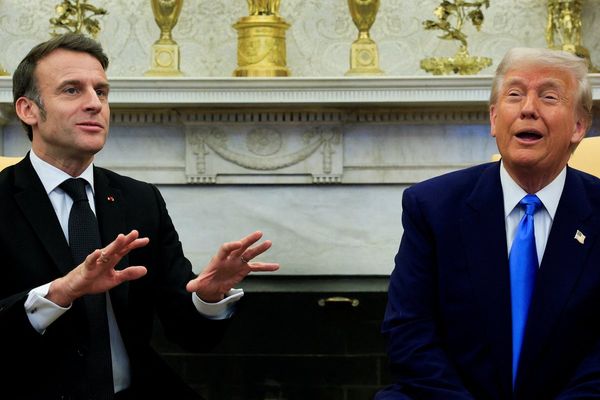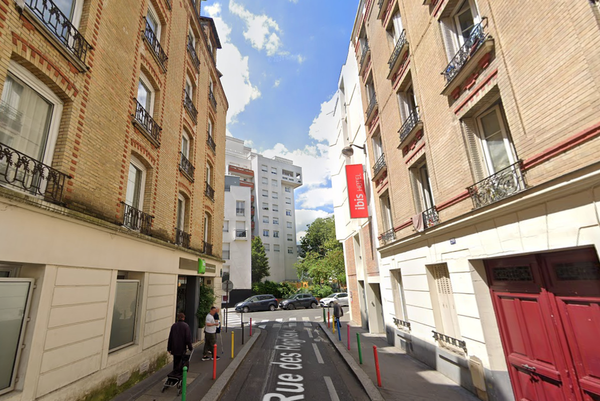Celtic accomplished three things by defeating Rangers.
They removed the existence of any lingering doubt over the final outcome of the championship. The goals from Kyogo Furuhashi and Jota maintained the aura of invincibility which has surrounded the team since the defeat by St Mirren on September 18 last year. And, symbolically going forward, Michael Beale can no longer take quiet satisfaction from having matched his main managerial rival point-for-point on their personal head-to-head, which began being compiled last November.
An exceptional manager doing extraordinary things. Ange Postecoglou encourages the use of superlatives as a result of his work at Celtic Park. But not on behalf of the Rangers fans, who would more naturally be drawn towards the kind of expletives that define disgust over the gap the Australian has created between their club and his own. Might they now, in the wake of Saturday's derby, settle for Celtic winning the title in the hope that it gives them closure and opens Postecoglou’s mind up to the prospect of going elsewhere?
Or is it the case that Ange has privately sized up what could be on offer on the other side of the border and decided he’s actually better off where he is? Whichever is the case, Celtic’s points lead at the top of the table, and their monstrous advantage in terms of goal difference, does not hint at a collapse of catastrophic proportions with seven league games left to play.
It’s all about timing in football and Douglas Park picked an odd moment to announce his departure from the chairmanship at Ibrox on Tuesday. Likewise, Connor Goldson set a negative tone, and not for the first time, when he went public with his belief Rangers had gone back to “square one” after winning the title under Steven Gerrard.
Echoes of his statement about knowing the game was over at half-time when Rangers trailed Hibs by three goals in the League Cup semi-final immediately before Giovanni van Bronckhorst became manager. Negativity is a dubious tone to set before facing Postecoglou’s brand of positivity. Talk of the Celtic manager’s future takes on an exaggerated nature, in my opinion. In terms of next season, would a Chelsea or a Spurs take on a manager from a Scottish club? I very much doubt it.
Conversely, would Ange go to clubs with dictatorial owners or chairmen even if they were willing to take a chance on him? Same answer. Chelsea’s infrastructure includes not one, but two, sporting directors and a technical director. Postecoglou is the man, remember, who had to sanction the loan of a Celtic Academy teenager to a League One side last month because he runs the whole show at Lennoxtown.
And the way he described the use of words like “lucky” and “easy” as being “not accidental” and “probably deliberate” when they were applied to his job by other managers in the same league was consistent with someone who’s taken the hump and renewed his intensity for the job he does here. England’s Premier League offers untold riches, such as Graham Potter becoming a multi-millionaire on the back of his severance pay from Chelsea after just 22 games in charge at Stamford Bridge.
But their top flight has all the stability of a drunk man on a bouncy castle when it comes to managerial shelf life with so many being shown the door this season. And if you’re not at one of the elite clubs with billionaire backing you’re fighting relegation by the look of their league table. The Rangers fans might need to think of some other solution to the problem of unseating Celtic, and they will begin the search by looking at Beale.
He has two further meetings with Celtic in the league and Scottish Cup this season to avoid another type of debate on a manager’s tenure and whereabouts. The first rule of politics is that you never admit your party’s in trouble. The same advice applies to football players and their clubs. Fergus McCann and his newly constructed board boycotted Ibrox in protest on April 30, 1994 when the first ever Old Firm derby without away fans was played. Newly-appointed Rangers chairman John Bennett might have wished he’d done the same thing at Celtic Park 29 years later.
The margin of victory might have been narrow but still highlighted the scale of the job needing to be done to address the gap between his club and their main rivals, and the orchestrator of the shift in power in Glasgow seems ominously content. Postecoglou realises quickly when alterations are required. Removing Aaron Mooy was timely, bringing on Oh when the game was at a delicate stage proved masterly.
The balance of power threatens to remain where it is for as long as the manager stays where he is.
READ NEXT







